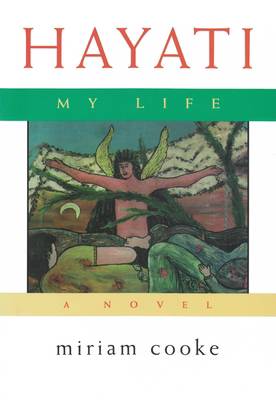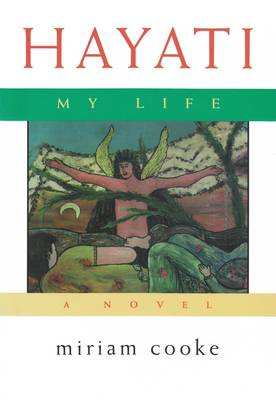
- Afhalen na 1 uur in een winkel met voorraad
- Gratis thuislevering in België vanaf € 30
- Ruim aanbod met 7 miljoen producten
- Afhalen na 1 uur in een winkel met voorraad
- Gratis thuislevering in België vanaf € 30
- Ruim aanbod met 7 miljoen producten
Zoeken
Omschrijving
Miriam Cooke's melic prose animates the existence of each of the women portrayed in her new novel. With Samya, we live in Palestine of the 1920s and are imprisoned during the imposition of the British Mandate; with Assia we experience the massacre of Deir Assin, the death of a son, and the establishment of the State of Israel; with Maryam we survive war and diaspora--the Suez War, the Intifada, the Iran-Iraq War, and the scattering of a family to three different countries. Finally, with the mute painter Araf's rape, we experience the Iraqi invasion of Kuwait, and when Hibba returns to Jerusalem the circle is complete.
The historical and political aspects of Hayati (a term of endearment, literally meaning "my life") chart fresh territory for the American reader, showing us a Palestine and an Arab people we do not know from the inside and from a deeply imaginative and humanistic perspective. Cooke makes evident a trenchant grasp of the mechanics of everyday living--the politics may be Palestine-specific, but the theme of endurance is universal. Many novels entertain, while others inform. In this effective and dramatic post-modern novel, Cooke succeeds in accomplishing both.Specificaties
Betrokkenen
- Auteur(s):
- Uitgeverij:
Inhoud
- Aantal bladzijden:
- 162
- Taal:
- Engels
- Reeks:
Eigenschappen
- Productcode (EAN):
- 9780815606710
- Verschijningsdatum:
- 1/11/2000
- Uitvoering:
- Hardcover
- Formaat:
- Genaaid
- Afmetingen:
- 127 mm x 184 mm
- Gewicht:
- 283 g

Alleen bij Standaard Boekhandel
+ 71 punten op je klantenkaart van Standaard Boekhandel
Beoordelingen
We publiceren alleen reviews die voldoen aan de voorwaarden voor reviews. Bekijk onze voorwaarden voor reviews.











